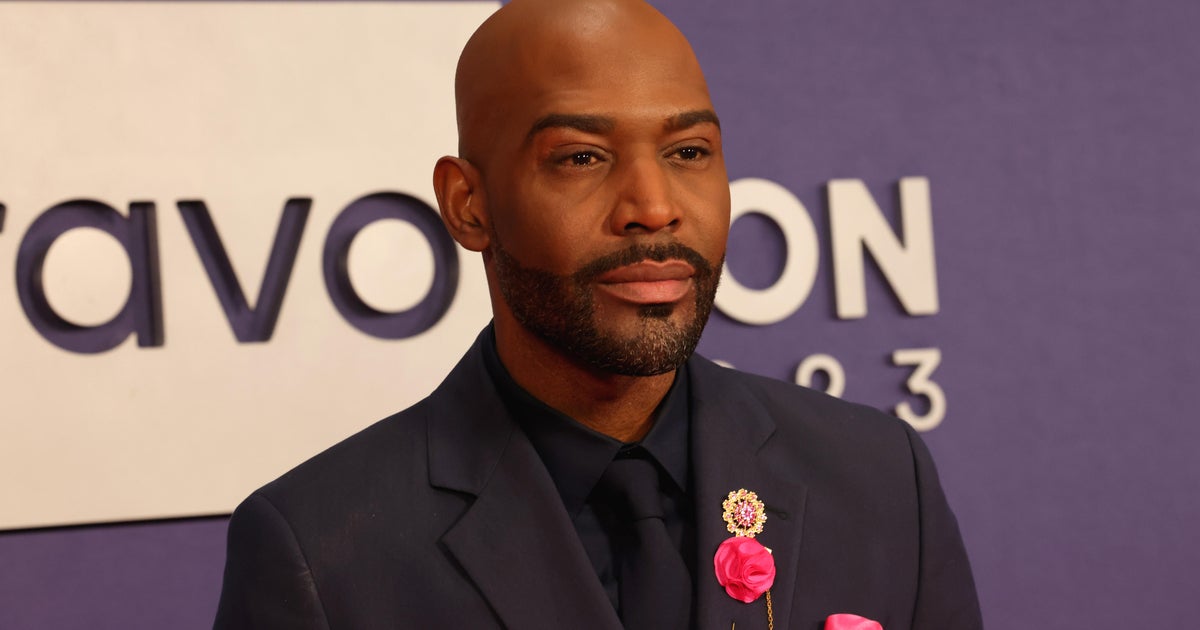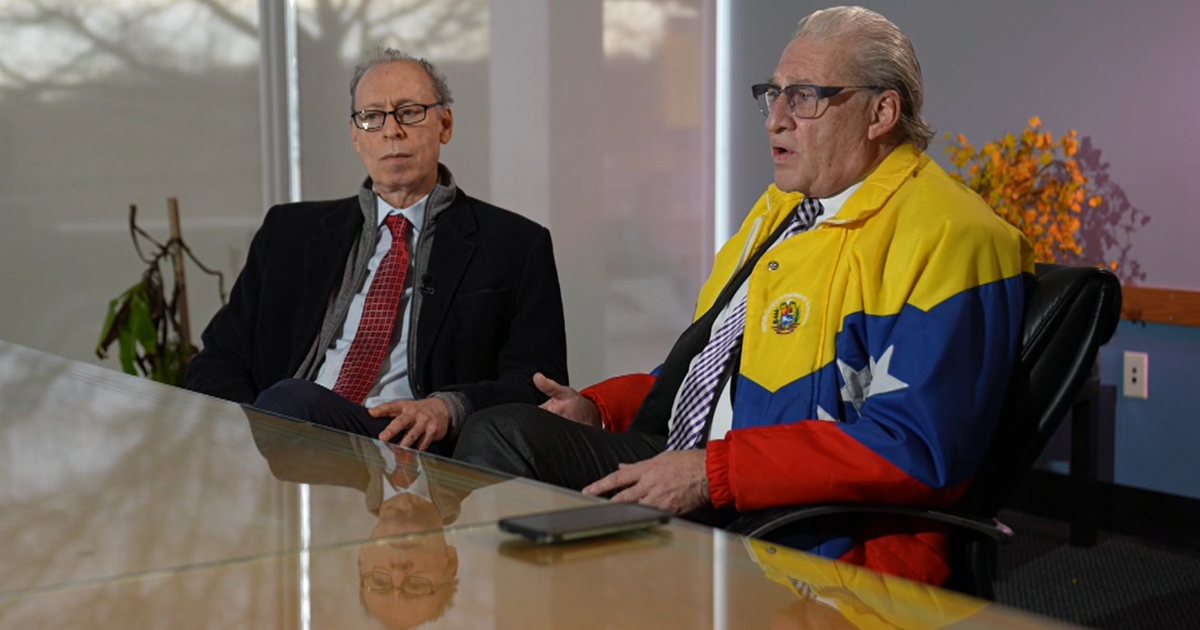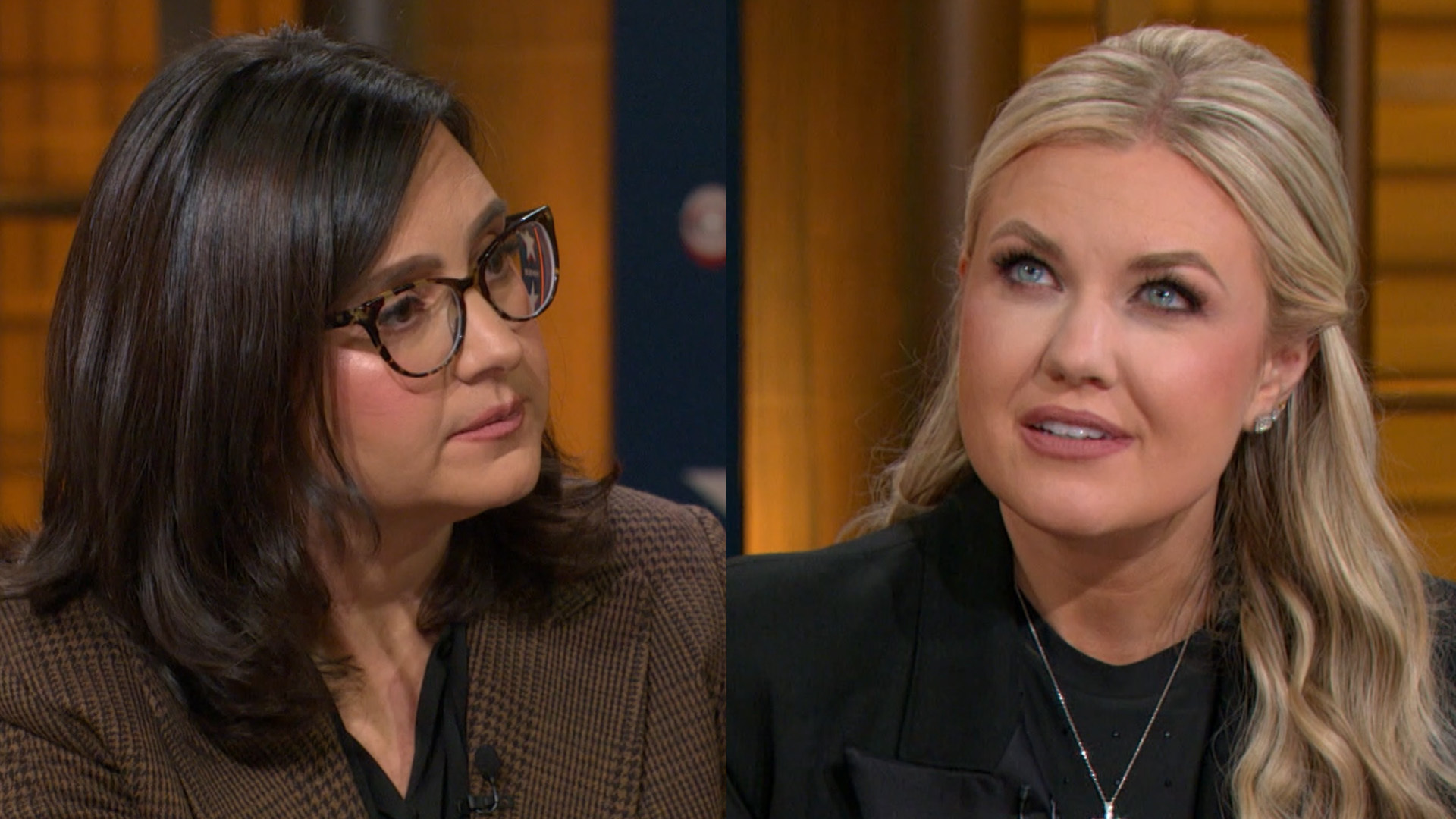Obama grapples with America's "different realities": "How can we have a common set of facts?"
Former President Barack Obama opened up in an exclusive interview about what worries him most in America today, how to address the nation's gun violence epidemic, and the work his foundation is doing to help young people reach a brighter future.
Obama spoke with "CBS Mornings" co-host Nate Burleson and said it concerns him that Americans are having trouble agreeing on basic facts — that "we almost occupy different realities."
"The thing that I'm most worried about is the degree to which we now have a divided conversation, in part because we have a divided media, a splintered media," Obama said.
He noted that when he was growing up, "you had three TV stations ... and people were getting a similar sense of what is true and what isn't, what was real and what was not."
"Today what I'm most concerned about is the fact that, because of the splintering of the media we almost occupy different realities, right? If something happens that, you know, in the past everybody could say, 'All right, we may disagree on how to solve it, but at least we all agree that, yeah, that's an issue.' Now people will say, 'Well, that didn't happen,' or, 'I don't believe that,' or, 'I don't care about the science,' or, 'I'm not concerned about these experts, you know, 'cause they're just all liberals' or, you know, 'That's just conservative propaganda.'"
"And one of, I think, the goals of the Obama Foundation and one of the goals of my post-presidency is: How do we return to that common conversation? How can we have a common set of facts?"
Since leaving office, Obama, the 44th president of the United States, has used his influence and resources to try to help some of those who need it most — and today, those efforts are continuing with a new initiative.
Obama first launched the My Brother's Keeper program in 2014 to address opportunity gaps for young men of color. Nearly a decade later, the Obama Foundation program has announced a new initiative to expand impact by spotlighting and investing in four communities that have shown success in advancing educational outcomes and reducing violence.
The work, though, is taking place in a fractured nation where gun violence remains a daily affliction.
"We are unique among advanced developed nations in tolerating, on a routine basis, gun violence in the form of shootings, mass shootings, suicides," Obama said.
"In Australia, you had one mass shooting, 50 years ago, and they said, 'Oh, we're not doing that anymore,'" he said. "That is normally how you would expect a society to respond when your children are at risk."
But in the United States, the issue has been met with division. Gun ownership has become an ideological and partisan issue "in ways that it shouldn't be," Obama said.
"It has become sort of a proxy for arguments about our culture wars, you know? Urban versus rural. Race is always an element in these issues. Issues of ... class, and ... education and so forth," he said. "Instead of thinking about it in a very pragmatic way, we end up really arguing about identity, and emotion, and all kinds of stuff that does not have to do with keeping our children safe."
The U.S. has seen more than 200 mass shootings so far this year, according to CBS News data.
One of the programs My Brother's Keeper supports is Guitars Over Guns, a grassroots program that seeks to empower young people through music and mentorship. Obama recently visited one of their events, held in a Chicago church basement.
"What was most powerful about it was seeing these young men really looking out for each other," he said.
"Getting more of that in our communities is also gonna make a difference. And that's what we're demonstrating through these model communities of My Brother's Keeper."
According to the Obama Foundation, the model communities were selected from a network of hundreds and have an evidence-based track record of success in positively shifting outcomes for boys and young men of color. The communities selected are Newark, New Jersey; Omaha, Nebraska; Tulsa, Oklahoma; and Yonkers, New York.
"By investing in and spotlighting these four MBK Model Communities, the MBK Alliance intends to seed other communities across the country with knowledge, best practices, and resources so that they too can achieve systems-level impact in the lives of boys and young men of color," the Obama Foundation said.
Nationwide, cities — with varying degrees of success — are making an effort to identify and knock down barriers for boys and young men of color so they can succeed, the former president said. Recently, he gathered community leaders from around the country to highlight what is working in education and gun violence prevention.
Newark Mayor Ras Baraka said his city saw a 35% reduction in the number of shooting victims last year, calling that "historic" for the city.
"We may disagree on gun violence in terms of what the best prescriptions are, but we can't deny the data that says the United States has levels of gun violence that are five, 10, 15 times more than other countries. So if we say that it's just a mental health problem, well, it's not like there aren't ... mental health problems in those other countries. 'What's the difference? This is probably the difference.' Now, we can have a debate, but at least we've agreed on some facts.
He said that even in the absence of action at the federal level, communities have been able to reduce violence by dealing not just with access to guns, but also by making sure young people feel "as if they've got somebody who's paying attention to them."
"We don't have room for cynicism, and we can't give up," he said.





